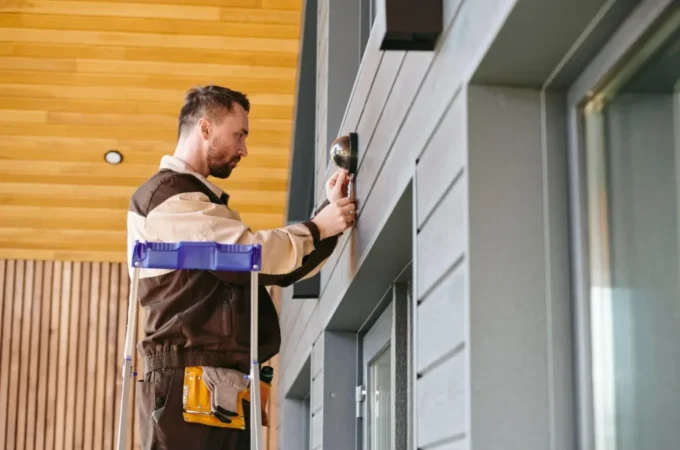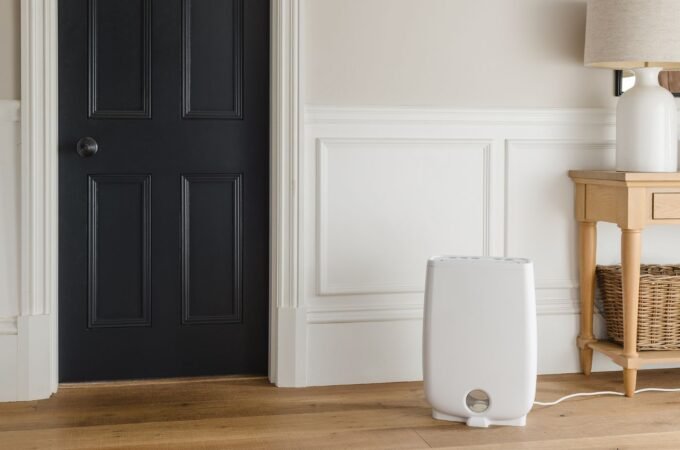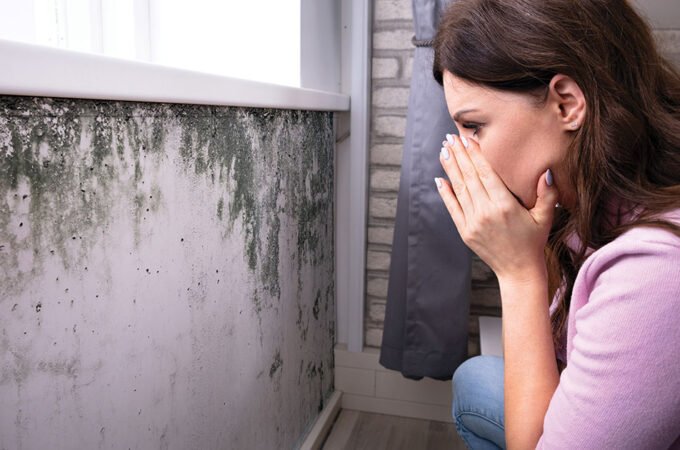
Health Risks Of Living With A Malfunctioning Heating System
The problem with living in a home where the heating system fails is that the heat will slowly leak out to your apartment (unless you don’t have an energy-efficient furnace and ductwork in your home). The interior of your home will be increasingly hot and the fire risks increase.
The average person can turn the thermostat down to a comfortable temperature, but it’s also possible for it to overheat, malfunction, and not properly regulate residential heating repair the temperature inside a home.
People who live with a faulty heating system are likely to be overheated and may even develop health problems including heat stroke, high blood pressure, or life-threatening illnesses, like heart attack and stroke.
Table of Contents
ToggleHow Is Heating A Thermostat Caused?
A heating system’s electrical components rely on a device called a thermostat to operate correctly. If it’s not working properly, it will overheat, overheat, overheat, and not properly regulate the temperature inside the home.
There are far too many serious health risks to our health that come with having an improperly functioning heating system. This isn’t just a coincidence though, as anyone who has ever removed a heating pipe or used an unfiltered duct will attest. This is due to the fact that heating pipes are built to withstand extreme temperature fluctuations during normal usage. Therefore if the heat system were to fail or freeze inside the home it can do just that. Not only that but the greater danger is that leaks can occur.
There are many types of heating systems that run on liquid or gas fuel. A leaky heating system could cause significant damage to your home. These issues can be prevented by adding an energy-efficient heating system to your home.
How Leaky Heating Systems Can Affect Your Home
There are a couple of common ways that a heating system can leak. Either the tank can get completely blocked, or the system’s vent will simply leak in the event of a ruptured tank or low pressure.
If your heating system has a leak, you need to be aware of the immediate hazard. Make sure to inspect your unit every day and identify any leaks then proceed with residential heating repair.
If you have a defective heating system and it heats up and a room air temperature drops too low, the temperature of your air becomes too cold and can cause hypothermia, an infection of the cold heart. This was a problem for millions of customers in winter after World War II, when large numbers of people returned home in cold homes and outdoor cabins.
Mold and mildew
The biggest danger is that your home may be flooded with mold and mildew. Both these serious problems spread from ceiling to wall to respiratory tract, resulting in skin infections, skin rashes, lung infections and lung cancer.
Few living with heart disease understand exactly how their failing health affects their heating system. For example, most think that having two heated homes, one being the source of the problem, may produce a cluster of heart disease related problems.
But with very few exceptions, heart disease is a multi-factor syndrome. Heart failure is the ultimate post-threshold condition; the mere presence of the condition affects most patients and, consequently, the holistic health of both the affected patients and the local communities.
Malfunctions in your heating system can result in hot water and extreme heat. When hot water is poured on the floor and tall radiators are turned on, the heat can be transferred to your body and may result in a burn.
You can also get overheated and overheated with your radiators on and the heat and hot water.
Disruptive heating and cooling systems result in surges in carbon monoxide. According to the Centers for Disease Control and Prevention, the National Institute of Occupational Safety and Health estimates that over a million American homes are affected by the maintenance, repair, replacement, installation, or replacement of heat pumps. These surges in carbon monoxide cause potentially life-threatening health problems.
Risks of a malfunctioning heating system
Lack of proper maintenance due to insufficient knowledge, inspection, and servicing of a malfunctioning heating system may allow carbon monoxide to accumulate in the home. Carbon monoxide may be inhaled through the ventilation system, and then transfer from the house through the chimney and exhaust system.






